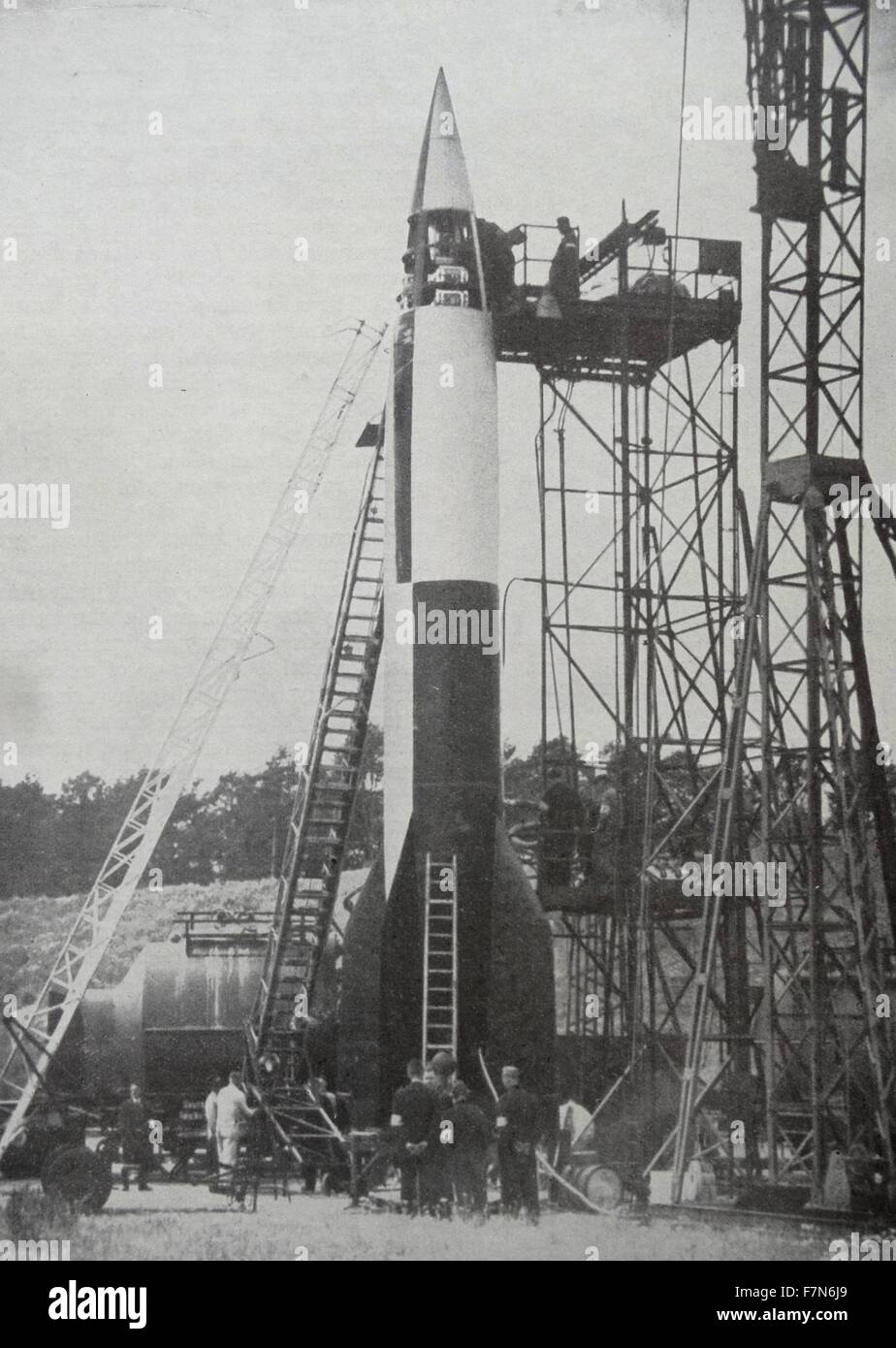
Because, as it turns out, I had the opportunity last night to join a very small group of analysts with a very senior U.S. But before I get into the details of what’s going on in the region, I thought I would offer some just general comments about the United States in the Middle East. That question that Irina asked was something that I certainly could handle effectively in fifteen to twenty minutes. As Irina mentioned, and as I’m sure it’s plenty evident, I am not Sanam Vakil, but I’m happy to step in for her and offer my thoughts on the geopolitics of the Middle East. Good afternoon to everybody who’s out there who’s on an afternoon time zone, good morning to those who may still be in the evening, and good evening to those who may be somewhere where it’s the evening. And you can take that in whatever direction you would like.ĬOOK: Well, thanks so much, Irina. I thought you could just-I’m going to give you a soft question here, to talk about the geopolitical relations among state and nonstate actors in the Middle East. Cook was a research fellow at the Brookings Institution and a Soref research fellow at the Washington Institute for Near East Policy.

He’s a columnist at Foreign Policy magazine and contributor and commentator on a bunch of other outlets. So keep an eye out for that in the next year or so. And he’s working on yet another book entitled The End of Ambition: America’s Past, Present, and Future in the Middle East. He is the author of several books, including False Dawn The Struggle for Egypt, which won the 2012 Gold Medal from the Washington Institute for Near East Policy and Ruling But Not Governing. Cook is the Eni Enrico Mattei senior fellow for Middle East and Africa studies, and director of the International Affairs Fellowship for Tenured International Relations Scholars at the Council on Foreign Relations. So we’re delighted to have our very own Steven Cook here to discuss this important topic. Our speaker was supposed to be Sanam Vakil, but she had a family emergency. Today’s topic is geopolitics in the Middle East. As always, CFR takes no institutional positions on matters of policy. Today’s discussion is on the record and the video and transcript will be available on our website, CFR.org/Academic, if you want to share it with your colleagues or classmates. I’m Irina Faskianos, vice president of the National Program and Outreach at CFR.

Cook, Eni Enrico Mattei senior fellow for Middle East and Africa studies and director of the International Affairs Fellowship for Tenured International Relations Scholars at CFR, leads a conversation on geopolitics in the Middle East.įASKIANOS: Welcome to today’s session of the CFR Fall 2021 Academic Webinar Series.


 0 kommentar(er)
0 kommentar(er)
